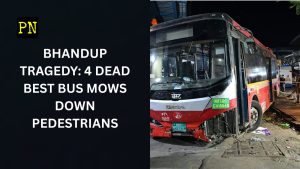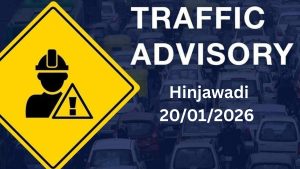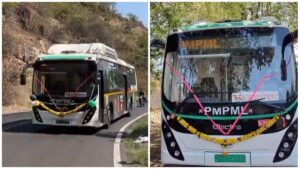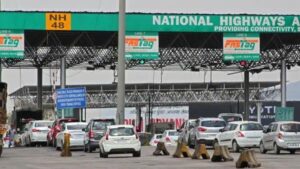E-Challan Chaos on Mumbai-Pune Expressway: Faulty Fines, Low Recovery Reveal System Flaws
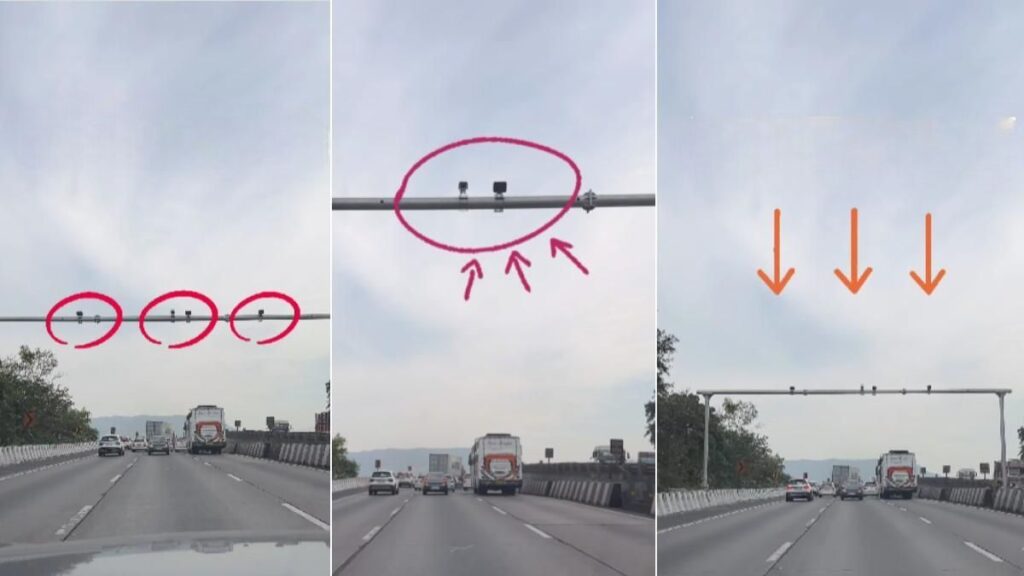
Mumbai, June 2025 – A shocking Right to Information (RTI) reply has revealed that over 6.24 lakh e-challans issued on the Mumbai-Pune Expressway were wrongly generated, exposing glaring flaws in Maharashtra’s Intelligent Traffic Management System (ITMS). The system, designed to automate traffic enforcement, has instead sparked outrage among motorists and transporters due to widespread incorrect fines.
Key Findings from the RTI Report
- Total e-challans issued (July–Dec 2024): 18.25 lakh
- Cancelled due to errors: 6.24 lakh (34% failure rate)
- Unpaid pending challans: 10.94 lakh
The ITMS, implemented by the Maharashtra State Road Development Corporation (MSRDC) in collaboration with RTO and Highway Police, was meant to curb violations using AI-backed CCTV cameras, speed detectors, and automated number plate recognition (ANPR). However, the system has falsely penalized thousands of drivers, raising serious concerns about its reliability.
How Are Motorists Being Wrongly Fined?
The ITMS issues automated challans for:
✔ Over-speeding
✔ Lane-cutting
✔ Not wearing seatbelts
✔ Mobile use while driving
✔ Wrong-side driving
Yet, numerous drivers reported receiving fines for violations they never committed. Many paid up simply to avoid legal hassles, despite being innocent.
The Problem with Speed Limit Enforcement
Complying with speed limits becomes dangerously challenging due to unclear signage and abrupt changes in maximum speeds across different expressway stretches. When drivers must constantly watch for fluctuating speed limit signs, their attention dangerously splits between monitoring the road and checking for regulatory changes.
The system’s flaws are further highlighted by cases like one driver who received two ₹2000 speeding tickets from cameras just 100 meters apart. While penalizing speeding is justified, repeated fines from closely spaced cameras feel less like safety enforcement and more like excessive punishment. Should a single violation trigger multiple penalties within seconds? This approach risks eroding public trust in the system’s fairness.
Why Is This Happening?
- Faulty AI Detection: The system relies on automated cameras without human verification, leading to false positives.
- No Proper Audits: Challans are approved without thorough checks, allowing errors to slip through.
- Pressure to Pay: Motorists often pay unjust fines to prevent license or registration issues.
Financial Burden on Transporters & Citizens
- The ₹100+ crore ITMS project received ₹45 crore from the Road Safety Fund.
- Proctech Solutions ITMS LLP, the private operator, earns ₹654.90 per challan (₹555 + 18% GST).
- Transporters allege “silent looting”, claiming indiscriminate fines are crippling their businesses.
“When road safety is outsourced, profits take priority. If this continues, the transport industry will collapse.”
— Harsh Kotak, Mumbai Bus Malak Sanghatana
Public Outrage & Demands for Reform
- Review ITMS Algorithms: Citizens demand transparency in AI decision-making.
- Human Oversight Needed: A manual verification layer to prevent wrongful fines.
- Simpler Appeal Process: Currently, contesting a challan is complex and time-consuming.
What’s Next?
With millions in wrongful fines and eroding public trust, authorities must:
🔹 Halt automated fines until the system is fixed.
🔹 Refund wrongly penalized drivers.
🔹 Introduce stricter audits to prevent future errors.
Is ITMS improving road safety—or just harassing motorists? The answer remains unclear as Maharashtra’s commuters demand accountability.





